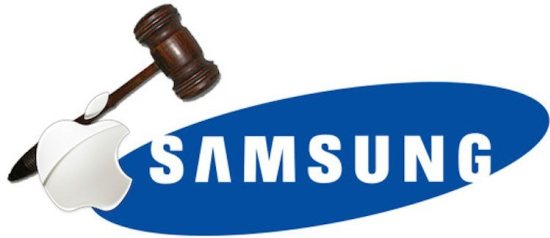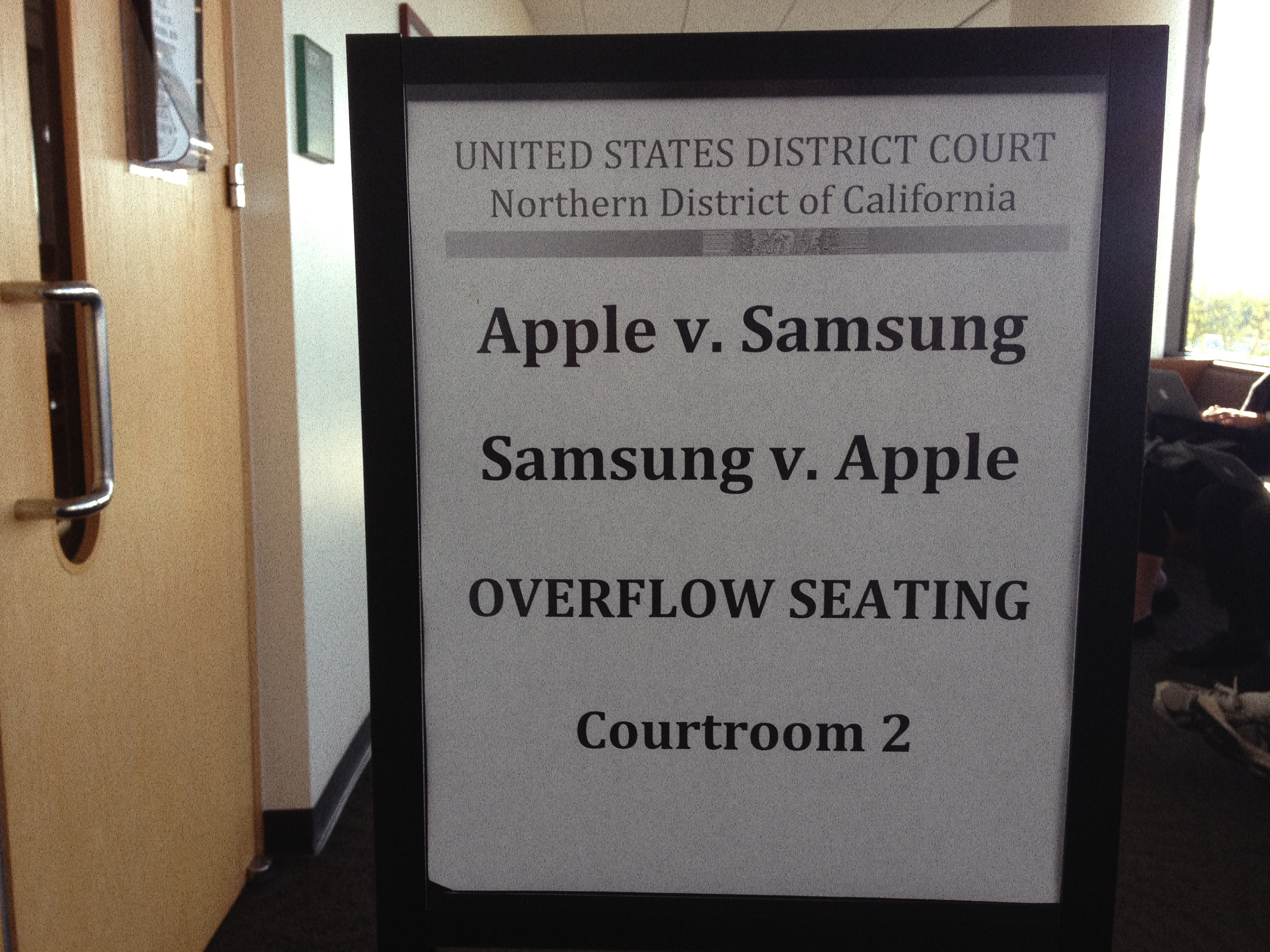Samsung fails to obtain Presidential veto from Obama for Apple/ITC import ban case


With a U.S. import ban previously issued by the ITC set to lock out certain Samsung devices at midnight last night, Bloomberg reports that the company has failed to obtain a veto from President Barack Obama:
The Korean company had argued that the ban should be overturned on public policy grounds, especially since a similar order it won against Apple was vetoed by the administration in August. Samsung can now seek a delay in the ban from a U.S. appeals court that will consider the entire case on legal grounds.
“After carefully weighing policy considerations, including the impact on consumers and competition, advice from agencies, and information from interested parties, I have decided to allow” the import ban to proceed, Obama’s designee, U.S. Trade Representative Michael Froman, said in a statement today.
In August, the US International Trade Commission ruled in favor of Apple and issued a sales ban on certain infringing Samsung devices in a long-running case that stemmed from a countersuit originally filed by Apple back in 2011. The news came shortly after the Obama administration’s decision to veto an ITC import ban on certain iPhone and iPad models that Samsung won in a separate case. Like Apple, Samsung was going to attempt to get a veto on the decision by the US President, the only person with the power to overturn ITC import bans.
Expand
Expanding
Close
 As if we needed someone to tell us that the ongoing patent lawsuits between Apple and Motorola in Germany were getting a little out of control… Today
As if we needed someone to tell us that the ongoing patent lawsuits between Apple and Motorola in Germany were getting a little out of control… Today  Today, we have updates on Apple and Samsung’s ongoing court woes. A
Today, we have updates on Apple and Samsung’s ongoing court woes. A